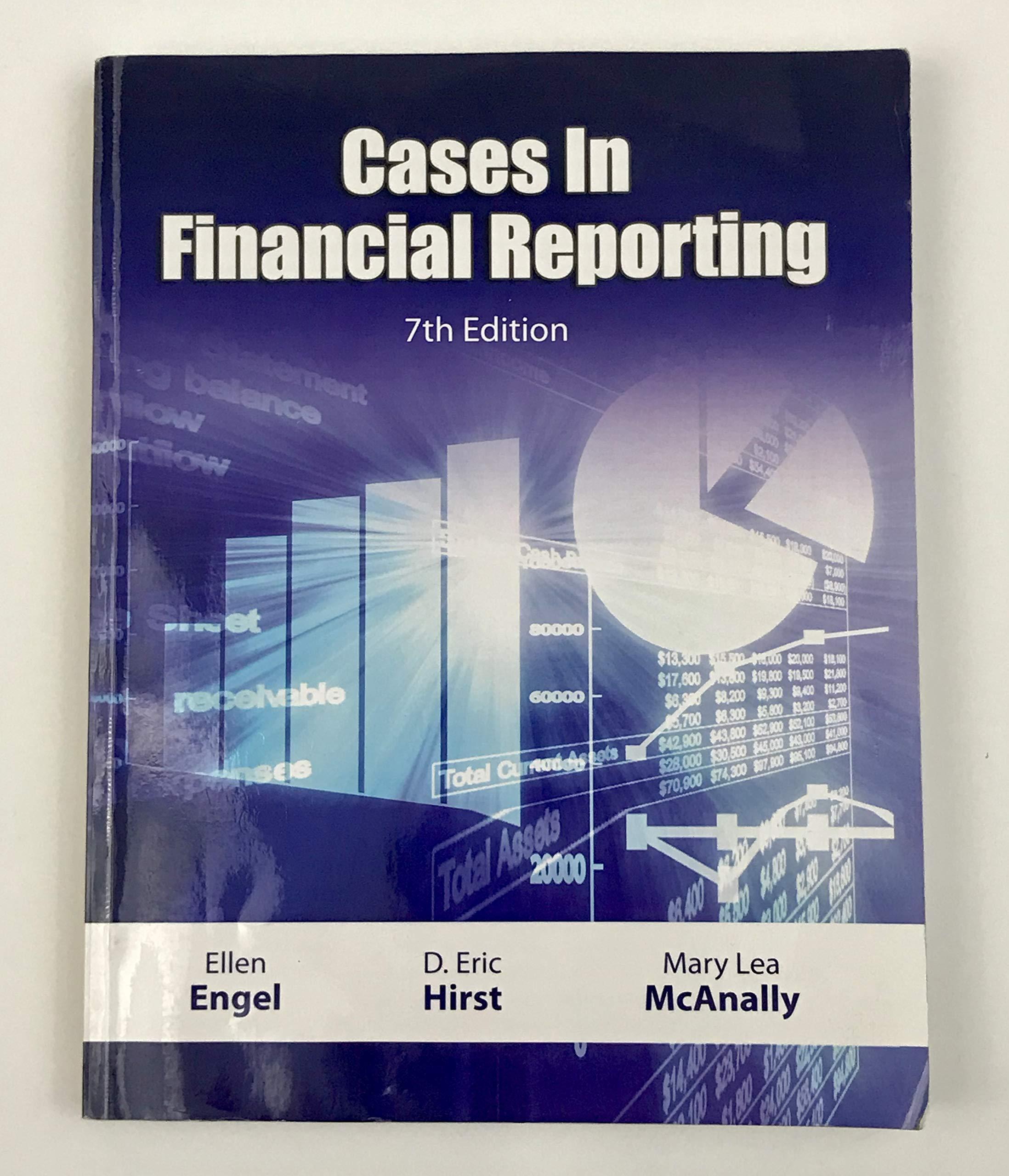Question
Suppose the risk-free interest rate is 3%, and the stock market will return either +27% or 10% each year, with each outcome equally likely. Compare
Suppose the risk-free interest rate is 3%, and the stock market will return either +27% or 10% each year, with each outcome equally likely. Compare the following two investment strategies: (1) invest for one year in the risk-free investment, and one year in the market, or (2) invest for both years in the market.
a. Which strategy has the highest expected final payoff?
The two possible outcomes for investment (1) are ____% or ____ % (Enter the outcomes from largest to smallest and round to one decimal place.)
The four possible outcomes for investment (2) are ____% or ____ % (Enter the outcomes from largest to smallest and round to one decimal place.)
The expected return for investment (1) is ____% (Round to one decimal place.)
The expected return for investment (2) is ____% (Round to one decimal place.)
The strategy with the highest expected final payoff is (investment 1 or investment 2)
b. Which strategy has the highest standard deviation for the final payoff?
The standard deviation for investment (1) is ___ % (Round to one decimal place.)
The standard deviation for investment (2) is ____% (Round to one decimal place.)
The investment with the highest volatility is (investment 1 or investment 2)
c. Does holding stocks for a longer period decrease your risk? (YES or NO)
Step by Step Solution
There are 3 Steps involved in it
Step: 1

Get Instant Access to Expert-Tailored Solutions
See step-by-step solutions with expert insights and AI powered tools for academic success
Step: 2

Step: 3

Ace Your Homework with AI
Get the answers you need in no time with our AI-driven, step-by-step assistance
Get Started


